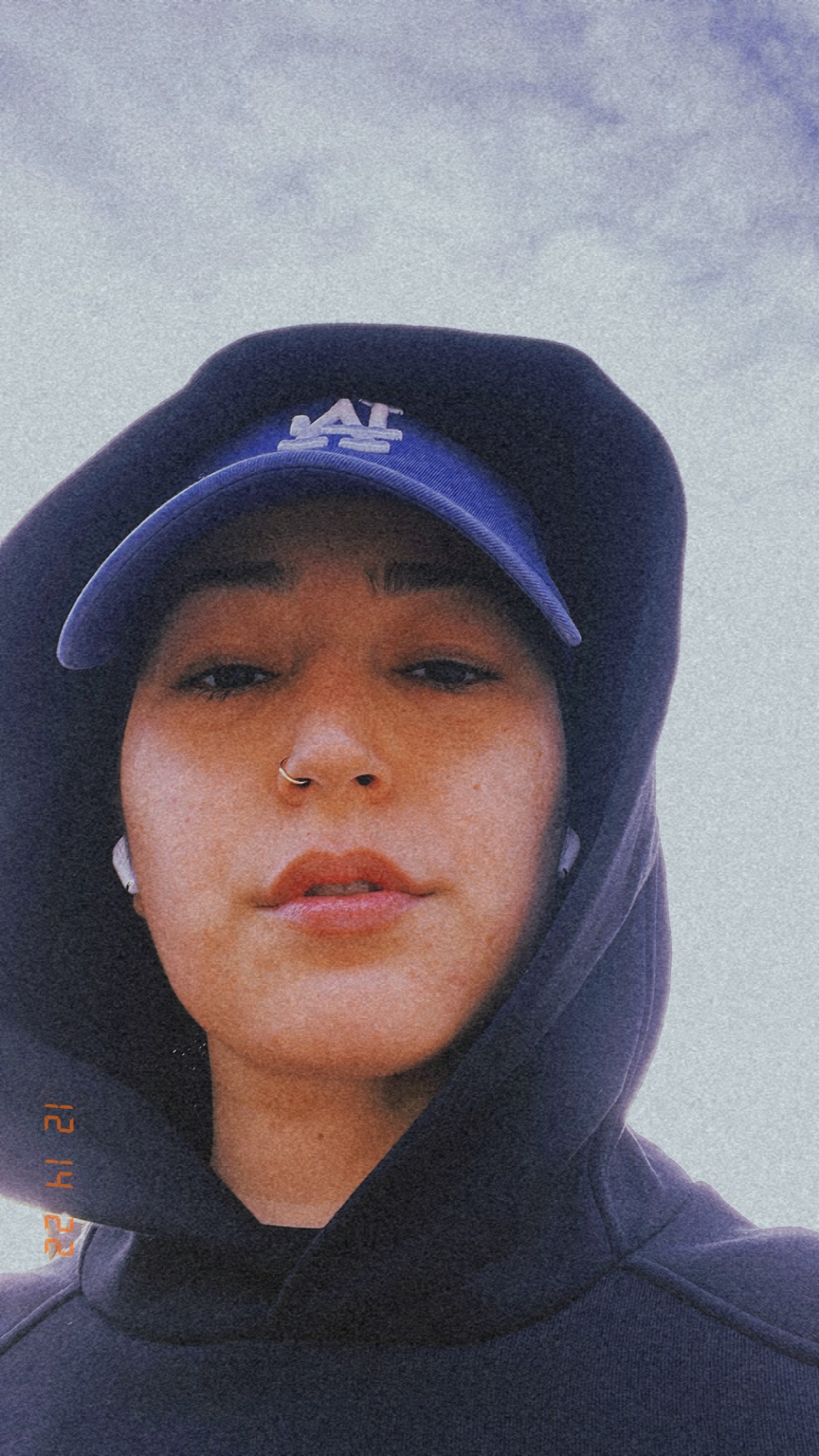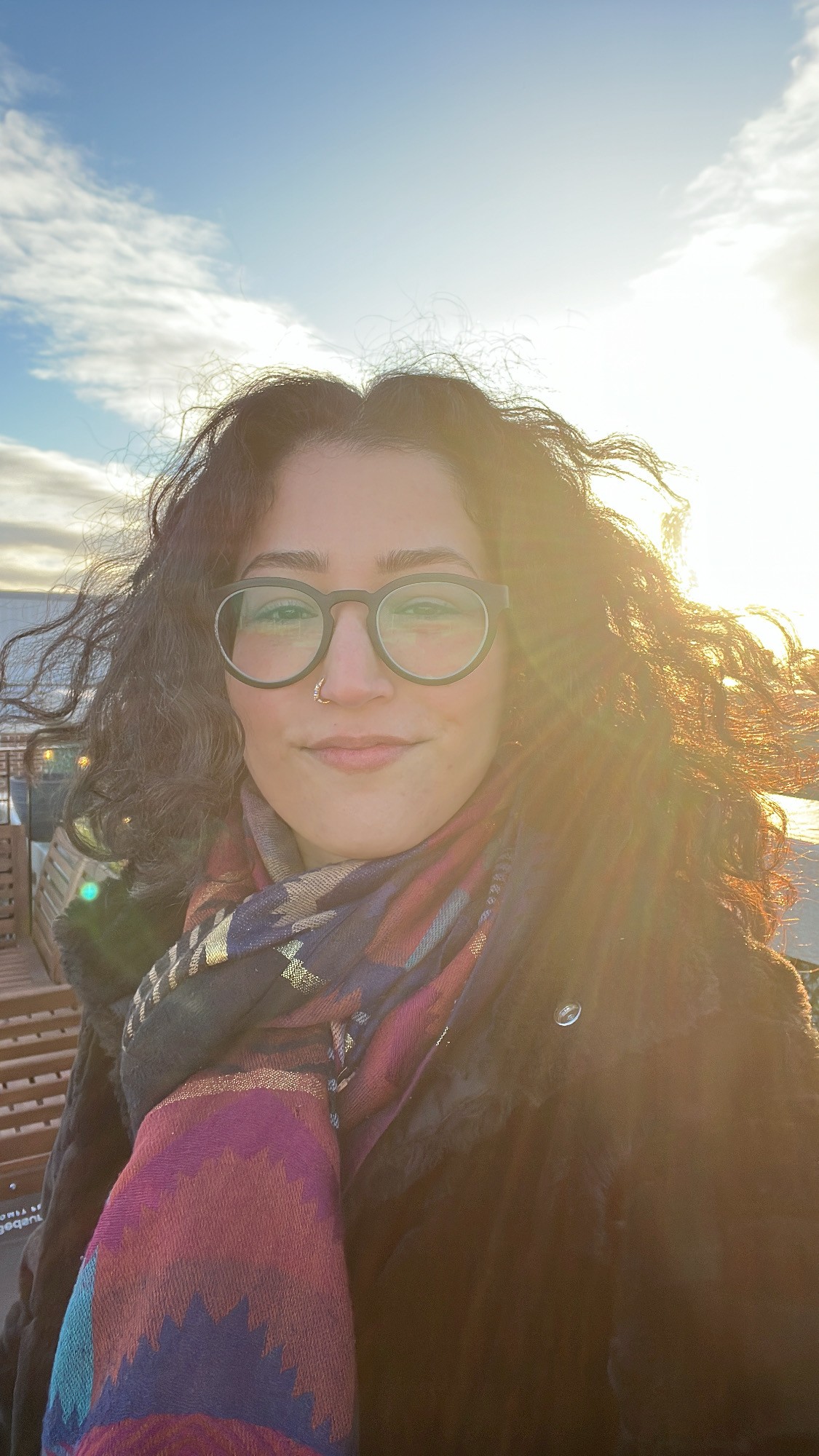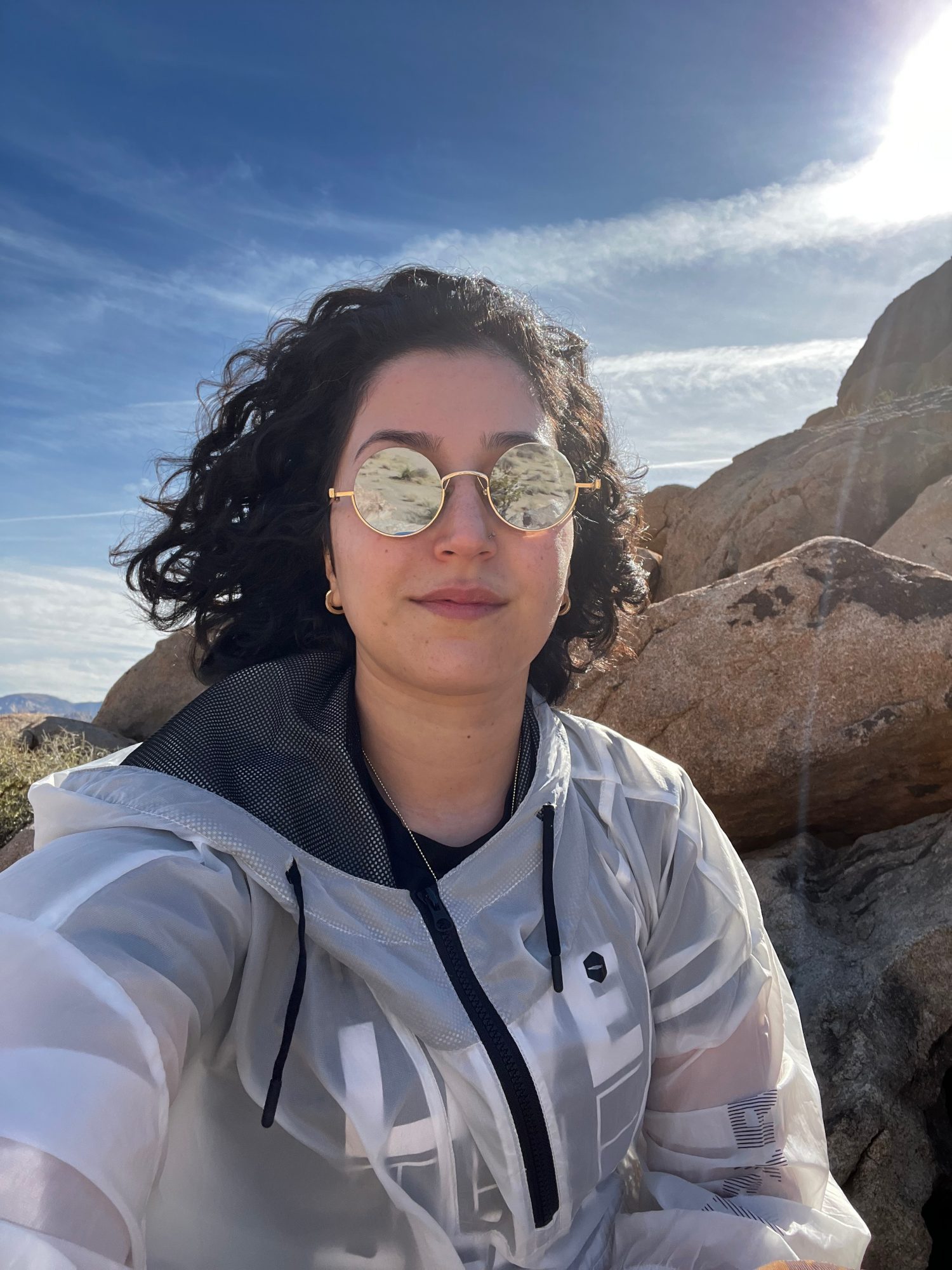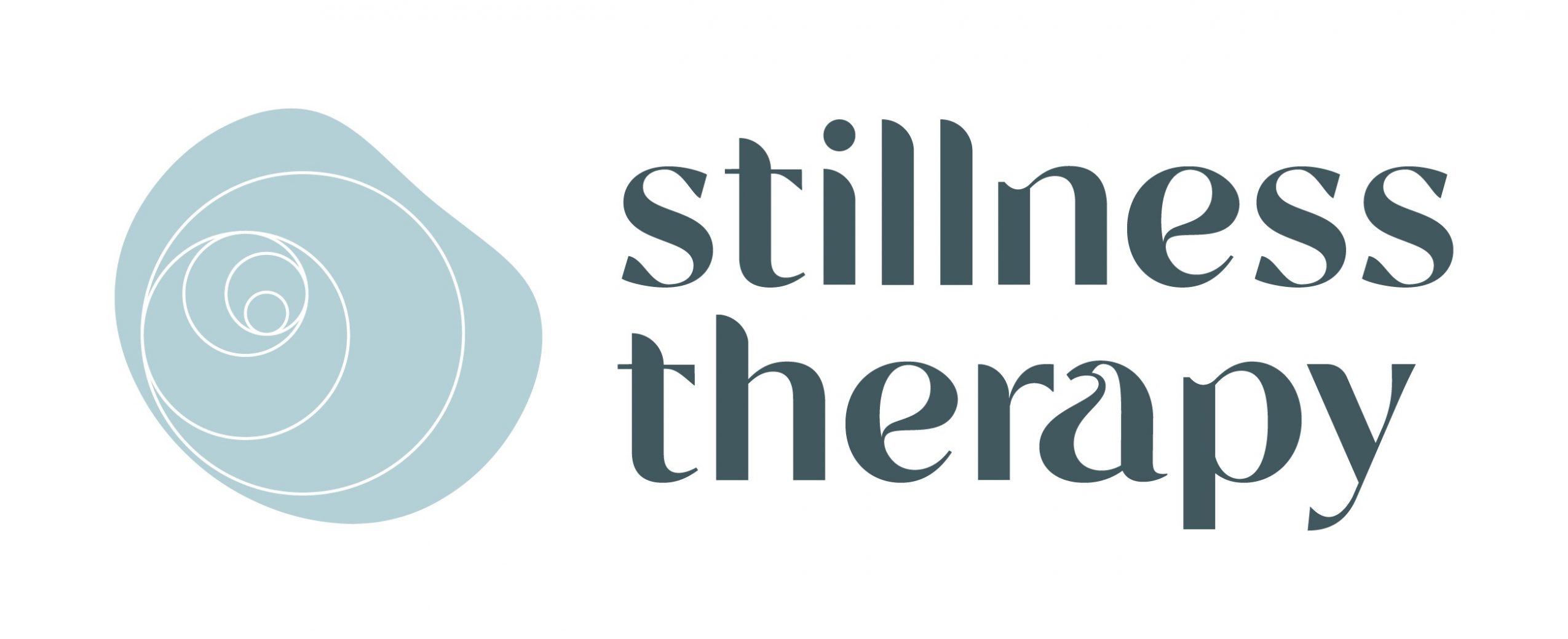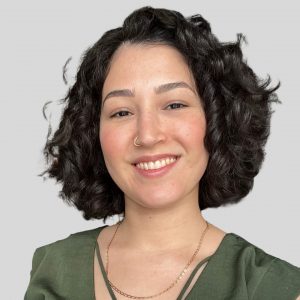
Today we’d like to introduce you to Noemi Fernandez.
Hi Noemi, so excited to have you on the platform. So before we get into questions about your work-life, maybe you can bring our readers up to speed on your story and how you got to where you are today?
First, I’d like to thank you for this opportunity to share more about my journey and what led me to therapy work. My name is Noemi Fernandez and I am a Licensed Clinical Social Worker. My parents migrated to the United States from Michoacan, Mexico in the 1970s and I am the youngest of four children. My family settled our roots in Southeast Los Angeles and this is where my story begins. Growing up as the child of immigrant parents meant growing up fast. There were high expectations and responsibilities from a young age. I also witnessed unhealthy relational dynamics and mental health challenges at home and in my community sparking an interest in human behavior and psychology. Being a natural internalizer, I leaned into being more introspective and observing people rather than deriving energy from engaging them. Early life experiences and subsequent college experiences led me to become a therapist specializing in childhood emotional trauma, relational conflicts, depression, anxiety, and first-gen and/or queer identity issues.
There are a handful of significant experiences that come to mind when I think about how I got to where I am today. In adolescence, I experienced anxiety and depression. At the time, I lacked awareness and education so I didn’t have the language to describe my feelings to others. However, being naturally introspective, I understood and sensed something was happening because of the unpleasant feelings and relational conflicts I witnessed and experienced. Additionally, during my senior year of high school, I took an elective course in psychology and sociology. This confirmed my interest in these fields. It also influenced my decision to declare my major as sociology in college applications. Despite the mental health challenges, I performed well in school and graduated with high honors. I elected to attend UC Santa Barbara to study sociology.
Studying sociology in college highlighted an array of concerns around our social structures such as racial disparities and lack of resources for BIPOC folks. My studies confirmed much of my observations growing up and deepened my interest in social conditions and cultural systems impacting our communities and mental health. Sociology helped me build a solid foundation for my current work in mental health. I had a variety of experiences in undergrad exposing me to different career options that led me to realize I wanted to help people. I interned in child welfare services and built relationships with social workers who taught me a lot about social work values. I also built relationships with college counselors, which inspired me to consider counseling as a career option. These experiences led me to apply for graduate school to obtain a master’s degree in social work at Cal State Long Beach.
At CSULB, I interned as a therapist at local high schools and also interned at a sexual assault crisis center. Social work is a generalist practice, which means that we view people and systems from a strengths perspective in order to help folks build upon their innate capabilities. The primary mission of social work is to enhance human well-being and help meet the basic needs of all people and more specifically to bring attention to oppressed communities and promote social justice. Given my interests in sociology, social justice, and mental health, electing social work as my graduate program was a no-brainer and it changed my life. My master’s program deepened my understanding of the social work field and motivated me to explore more of what I could do with this degree such as mental health therapy. By becoming a therapist, it allowed me to unify my interests in sociology, social work, mental health, and helping others.
We all face challenges, but looking back would you describe it as a relatively smooth road?
It’s been a challenging road. Throughout my journey, I had to navigate a first-generation Mexican-American and college student experience, low socioeconomic status, and mental health challenges. Other challenges included lack of role models/mentors, severe job burnout, and navigating the grief of being the first to start a business as a child of immigrants.
The implicit and explicit messages I received in childhood about emotions, mental health, women, and queer identities was a major struggle that impacted my mental health. I identify as non-binary and often felt I had to hide most parts of myself. Gender norms and rules, family and cultural expectations weighed heavily on my spirit and being. I was a smart and witty kid but I lacked confidence. I was curious and loved learning about the world around me but I was timid to express my full self. I struggled to feel comfortable in the ambiguity of my identity. I felt like I didn’t belong. I stumbled in feeling confident, setting boundaries, and resolving conflicts. I managed, sometimes unsuccessfully, the weight of responsibilities, expectations, self-doubt, worries, and success. Eventually, I found my footing but continued to struggle with these issues as my life and career unfolded.
For several years, I worked in nonprofit and community mental health settings. Unfortunately, I felt overworked and pressured to meet productivity standards rather than encouraged to thoughtfully develop my clinical skills in order to provide quality therapeutic services. The pressures of capitalism impacted my ability to provide quality services to clients. As a result of high caseloads, I was often unable to give clients appropriate time and focus. It was common to find clients unhappy at this lack of access. I thought it was an unsustainable practice and it didn’t feel right to me. Because this approach did not align with my core values, I found myself feeling unhappy and burned out. These experiences influenced me to start my own practice because I wanted to provide an alternative approach to therapy and work-life balance.
At this point, I had already spent close to a decade in my own therapy attempting to face my fears and grief and pursue my own journey of healing and self-discovery. This work helped me gain the insight that would be critical in helping me make the difficult decision to leave a well-paid position and start my own virtual private practice. As I mentioned, I was burned out. It was extremely challenging to relinquish the “golden handcuffs” as they call it. However, I could no longer ignore the value and ethical conflicts. When I made the decision, I felt fearful and also decided to trust my intuition about what is best for me. I had few role models/mentors and people I could consult with for this big decision. As a child of immigrants and first-gen student, I don’t know too many folks who’ve started their own practice or their own business. I felt deep grief and also motivation to figure it out for myself and others who may follow. All of my experiences, positive and especially the challenges, now shape how I approach my practice. My goal was to adequately serve individual adults seeking to explore and enhance their emotional well-being as well as prioritize my own mental wellness. I’ve thoughtfully curated my practice to center my clients and my own well-being. I do this by avoiding overworking myself, focusing on my specialties, and by being mindful of the capacity of clients, I take on in order to be present for my clients.
Thanks – so what else should our readers know about Stillness Therapy?
I founded Stillness Therapy in the summer of 2021 based on my values of curiosity, duality, fluidity, openness, acceptance, and on the belief that deeper self-awareness can be life transformative. I am based in Los Angeles and my private practice is 100% virtual. I am currently licensed in the states of CA, CO, FL, and TX and able to provide therapy to these clients residing in these states. My rate is $160 per session. I offer a limited number of reduced fee slots for people experiencing financial hardship. The experiences I described earlier nurtured a deep passion in working with first gen and queer people and anyone who’s felt not quite good enough or “othered” in any way. However, I’ve worked with clients from all walks of life and celebrated the diversity of identities and stories.
I work with clients who are coming to therapy wanting to address first gen and queer identity issues, life transitions, relationship conflicts, childhood emotional trauma, depression, anxiety, and/or job burnout. It is important that my clients feel seen and understood so they feel safe enough to explore their identity and create the life they want to live, not the life others think they should live. My clients tend to be individuals who’ve felt unheard, misunderstood, or emotionally unsafe. I work with clients who are seeking to improve how they show up for themselves and how they relate to others. I see clients who have experienced sadness/grief and fear on and off for several years and often find themselves confused about these bouts of depression and anxiety and are curious to discover themselves and take back control of their narrative. I work with clients who are navigating life transitions pertaining to relationships, jobs, and/or moving away from home. Finally, I also help adults who want to address work burnout and realign with their core values.
My approach to therapy is straightforward: humanistic, collaborative, exploratory, goal-oriented, strength-based, and feminist. I work from the perspective of valuing relationships and centering the importance of developing safety and trust within those relationships in order to feel more fulfilled. I consider my client’s whole beings with the potential for growth. I like to encourage folks to develop their own innate wisdom and instincts as well as empower themselves to make value-based decisions. What sets me apart from others is that my practice is truly collaborative via mutual feedback. Receiving feedback from each client helps me learn what’s working for them and what isn’t working. Feedback enables me to, if possible, work through what isn’t working and collaborate with my clients in order to find a better, alternative approach that works for them.
In the last year, I’ve been able to do great work with dozens of clients. I’m honored to be able to witness my client’s gradual steps, wins, and progress toward living the life they want to live. I’m also proud of achieving the work-life balance I needed in order to recover from burnout and do the work I love. One last thing I’d like for people to know is that I have been training to become an evaluator for immigration cases (i.e., VAWA, asylum, U-visa). Immigration evaluations are clinical assessments that licensed mental health professionals to offer for people who are undergoing immigration proceedings. As an evaluator, my role is to gather information about someone’s history and mental health and make clinical recommendations. My goal is to expand my practice by offering this important service to this underserved community.
Where we are in life is often partly because of others. Who/what else deserves credit for how your story turned out?
I have so many people to thank for their support like friends, cousins/family, former mentors/supervisors, and former clients. They’ve encouraged me and supported me throughout this challenging process of being the first to open my private practice and one of the few to have my own business. Being able to brainstorm, consult, and simply know my community of people genuinely want the best for me warms my heart. Without them, this experience would’ve felt even lonelier than it initially felt. Folks have offered their time, energy, and counsel and I am deeply grateful for all of it. Shout out to everyone with genuine intentions and feelings and to those who have referred clients to me—mil gracias!
Pricing:
- $160
Contact Info:
- Website: https://www.stillnesstherapy.net/
- Instagram: https://www.instagram.com/stillnesstherapy/
